Putin says Russia ‘has nothing to do’ with Belarus-Poland border crisis
Russian President Vladimir Putin has denied accusations that Moscow is helping Belarus orchestrate the ongoing migrant crisis at its border with Poland, where hundreds of desperate migrants trying to cross into the European Union are stranded at freezing temperatures.
Putin made the remarks during an interview with the state television on Saturday, after Poland and other European countries accused Moscow of working with Minsk to send thousands of migrants to the EU border. “I want everyone to know. We have nothing to do with it,” he said, suggesting that European leaders should talk to Belarusian President Alexander Lukashenko to resolve the crisis.
The Russian president further blamed Western policies in West Asia for the crisis, saying they are ultimately responsible for the situation at the Belarus-Poland border. “We should not forget where these crises associated with migrants came from... Western countries themselves, including European countries.”
Poland has closed its border with Belarus and sent armored vehicles and troops to the border amid an escalation of the migration crisis. Lukashenko has accused Warsaw of blackmailing his country with the deployment.
Observers have warned that Poland’s deployment could trigger a confrontation on their common border.
The West accuses Belarus of coordinating an unprecedented wave of asylum seekers in retaliation for existing sanctions imposed by the bloc on the country. Lukashenko has denied the allegations.
Meanwhile, Belarusian authorities say they are delivering aid including tents and heaters to a migrant camp on the border. “The Belarusian side is doing everything to provide them with what they need. Water, firewood and humanitarian aid have been delivered,” said Igor Butkevich, the deputy head of the state border committee.
According to Polish authorities, the migrants who are stuck at the border have made hundreds of attempts to breach the frontier, but had been repelled by soldiers deployed to stop them.
The Polish police said Saturday that the body of a young Syrian man had been found in a forest close to the border, without determining the cause of the death, which brings to 11 the number of migrants found dead on both sides since the crisis began in the summer, according to aid groups.
West at risk of conflict with Russia: UK’s army chief
Meanwhile, General Nick Carter, Britain’s chief of defense staff, has warned that there is a greater risk of an accidental war breaking out between the West and Russia than at any time since the Cold War. Carter made the remarks during an interview with Times Radio to be broadcast on Sunday, saying there is a greater risk of tensions in the new era of a “multipolar world,” where governments compete for different objectives and agendas. His comments come as tensions continue to escalate over the migrant crisis on the Belarus-Poland border, increasing the possibility of dragging Europe into a full-blown military conflict.
The UK’s army chief went on to say that rival nations are willing to use any tool at their disposal, such as migrants, surging gas prices, proxy forces or cyber attacks, stressing, “The character of warfare has changed.” He also noted that diplomats now face a more complex multipolar world, adding that “traditional diplomatic tools and mechanisms” of the Cold War are no longer available. “Without those tools and mechanisms there is a greater risk that these escalations or this escalation could lead to miscalculation,” Carter said. “So I think that's the real challenge we have to be confronted with.”
Britain has deployed a small team of military personnel to explore “engineering support” for Poland on its border with Belarus. Russia has also dispatched planes to fly over Belarus, in a signal of further support for Minsk.
Lukashenko has said Minsk would not hesitate to invite Russian troops to the country in the event of an extraordinary foreign threat.
Separately on Saturday, Putin said Belarus is acting entirely on its own after Lukashenko threatened to cut off the Russian gas flow to Europe earlier this week in retaliation for any new EU sanctions against Minsk over the migrant standoff. He also warned that such a move would risk harming ties between Minsk and its key ally Moscow. “Honestly speaking, it was the first I heard about it,” Putin said. “He never told me, did not even hint. Well, he can probably. But it would not be good.”
“Of course, in theory, Lukashenko as president of a transit country could order our (gas) supplies to be cut to Europe. But this would mean a breach of our gas transit contract and I hope this will not happen.”
However, he said, if Belarus did cut off supplies, it would “cause great damage” to the European energy sector and “would not help in developing our relations with Belarus as a transit country.”
Europe is facing a gas crisis as prices have spiraled to multi-year highs in recent months. Some in the continent accuse Russia of deliberately restricting gas flows to Europe, in an effort to hasten the launch of Nord Stream 2, a pipeline connecting Russia with Germany. Putin has denied the allegations, saying Europe’s gas shortage is largely caused by “systematic flaws” in the continent’s energy market.
VIDEO | 44th Fajr Theater Festival underway in Tehran
VIDEO | Press TV's news headlines
VIDEO | Oil workers' march in support of reform of Venezuela's main oil law
VIDEO | Malaysians hold rally in front of Iranian embassy to condemn US, Israel threats
Israel to partially reopen Rafah border crossing after long closure
FM says Iran open to talks ensuring its legitimate rights and based on mutual respect
Rights groups in Australia call on authorities to arrest Israeli president
FIFA must strip US of 2026 World Cup hosting rights over Trump’s hawkish policies: Analyst


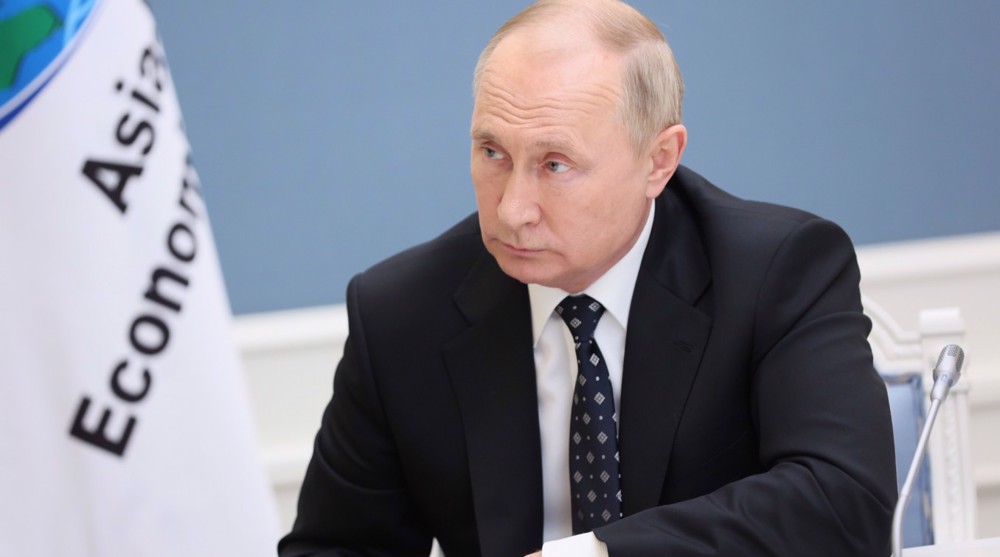
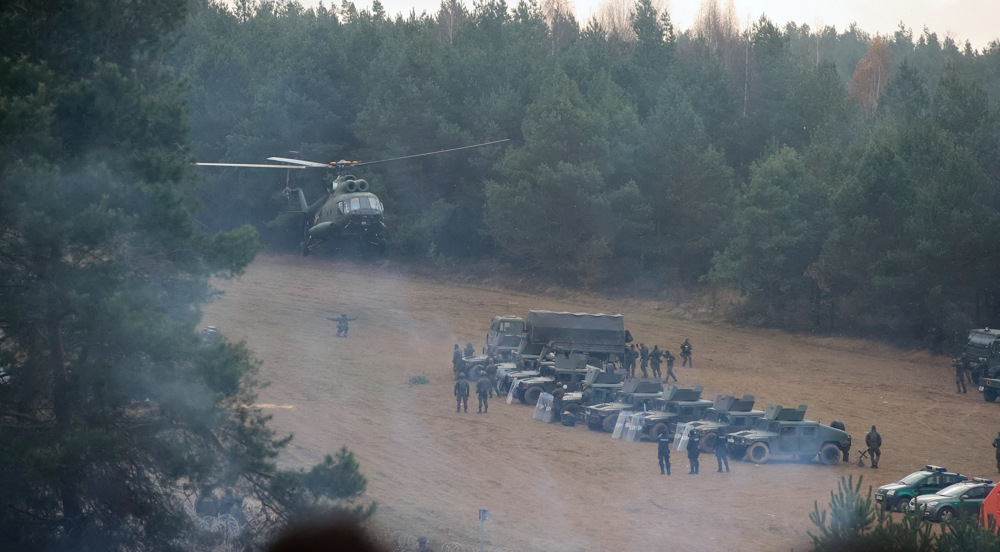
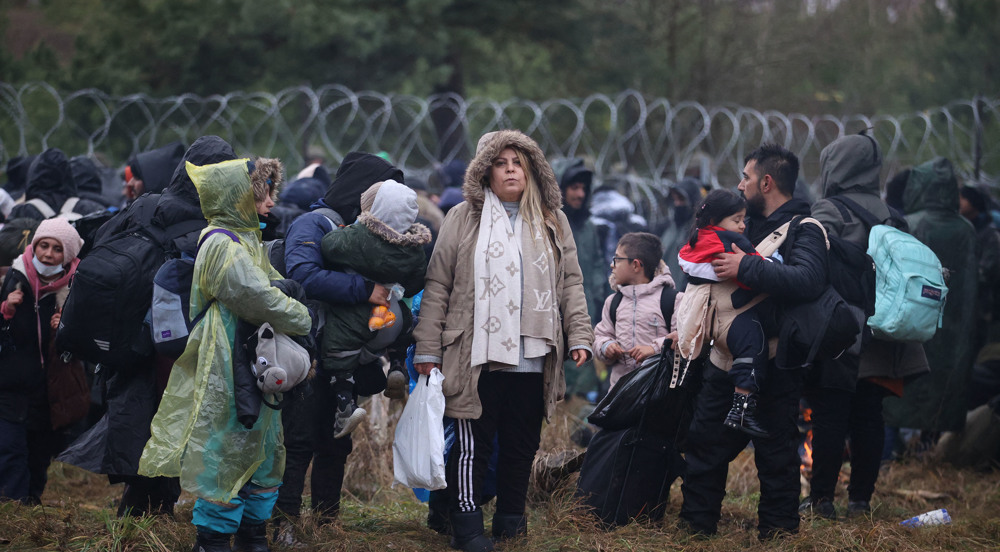
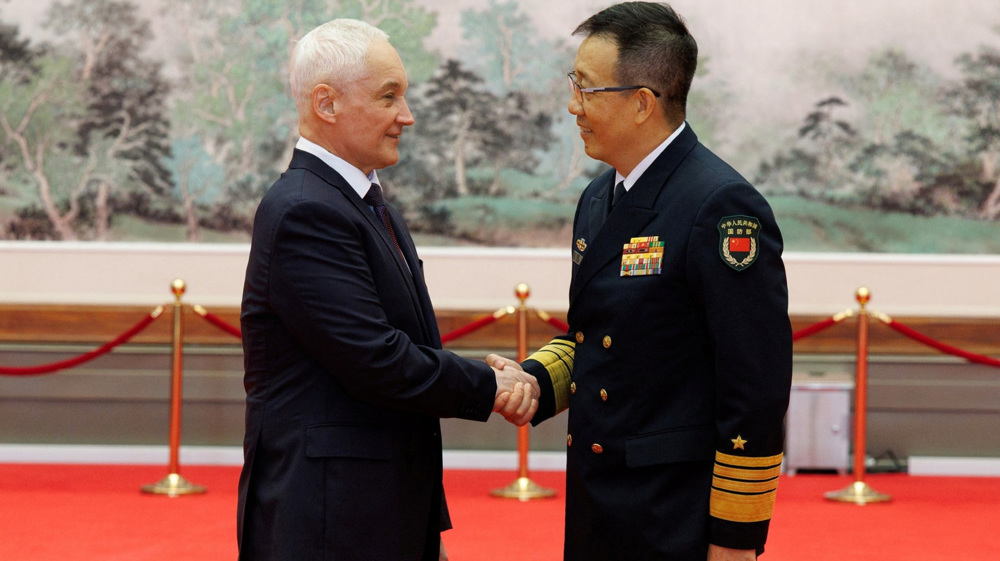
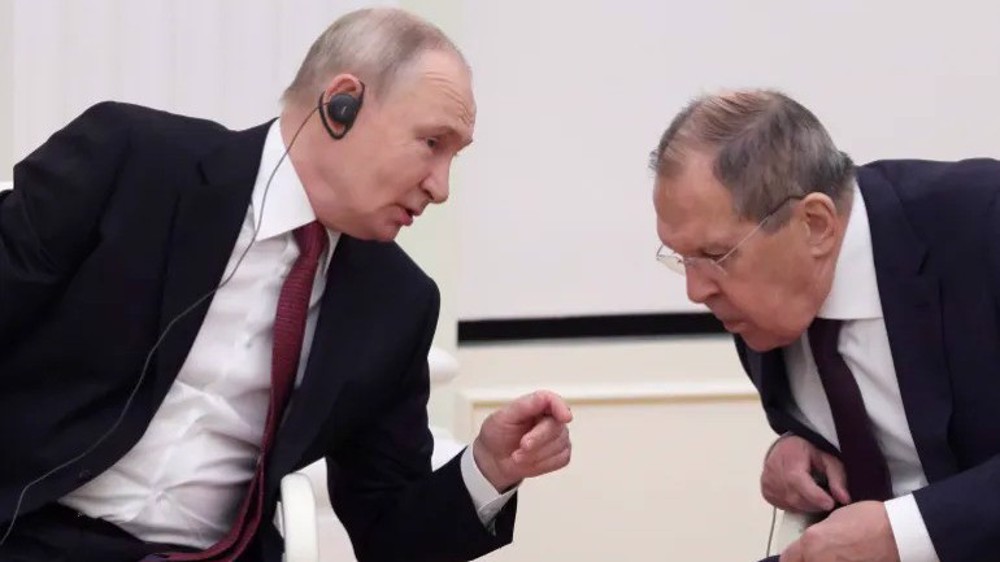
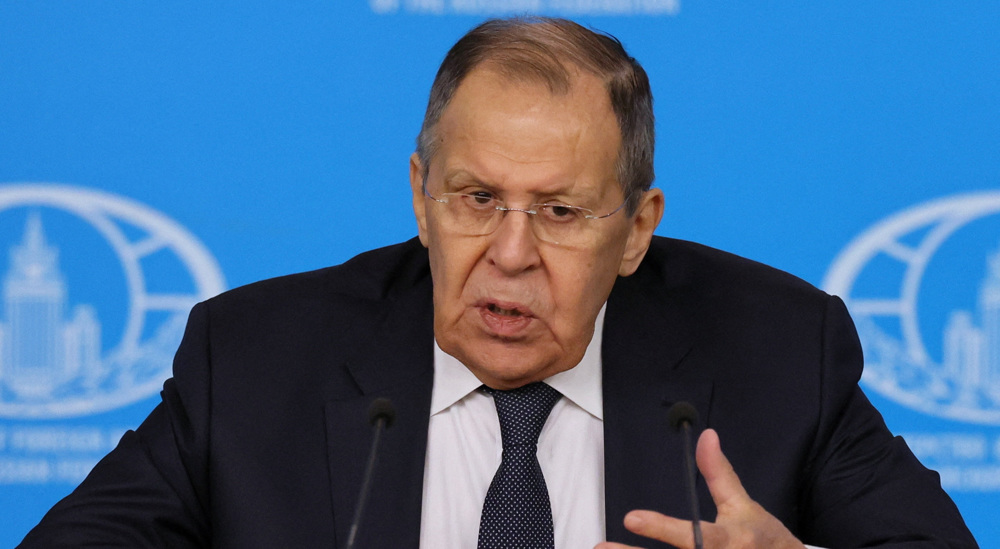



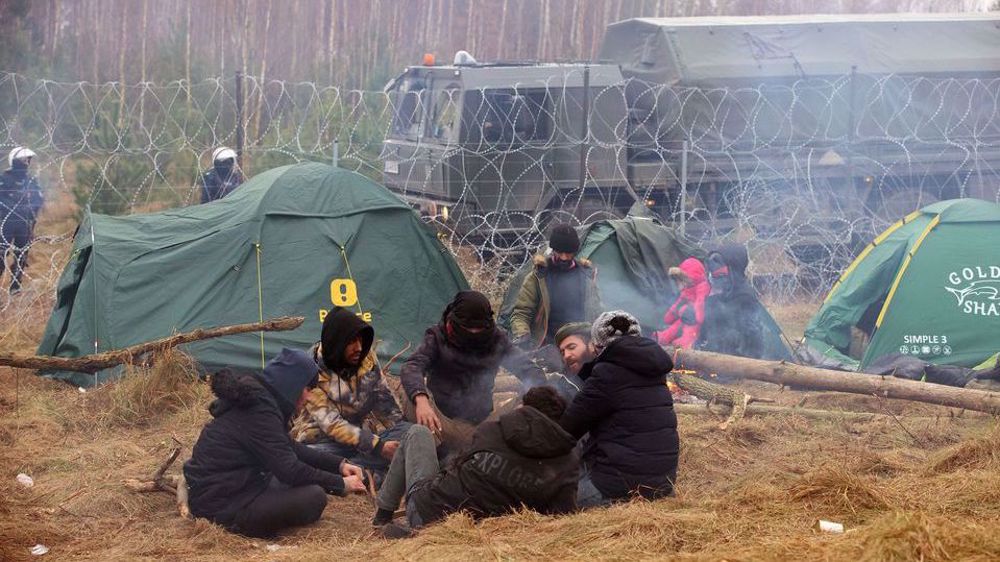
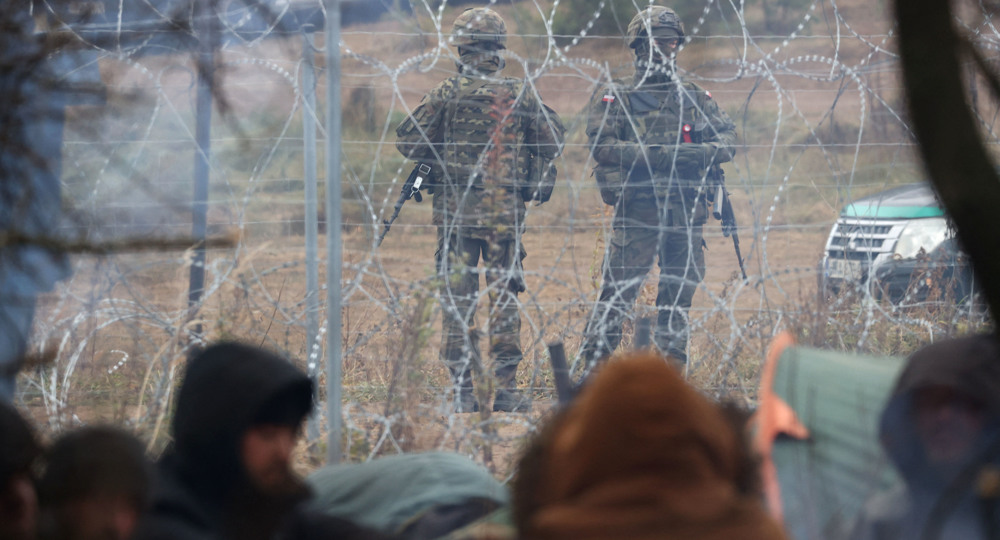
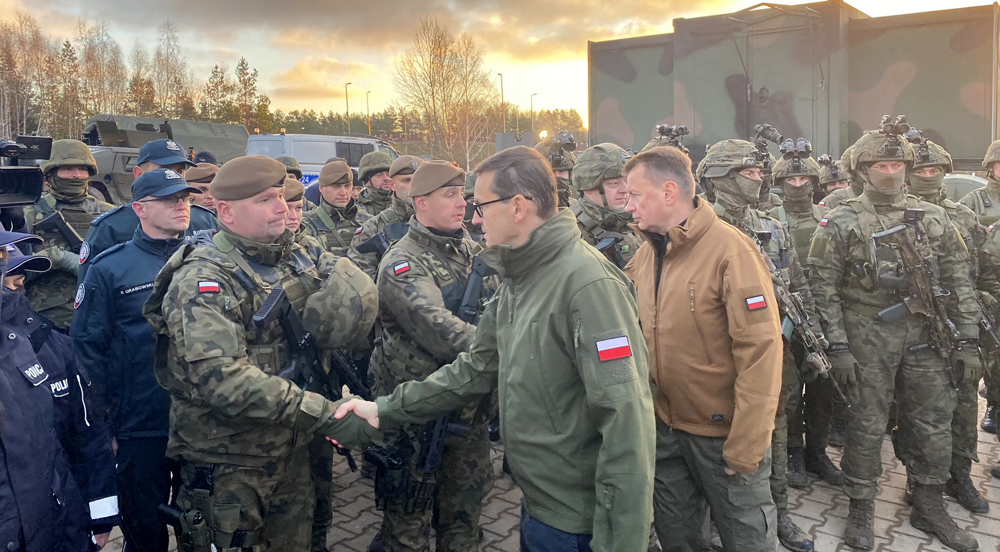

 This makes it easy to access the Press TV website
This makes it easy to access the Press TV website